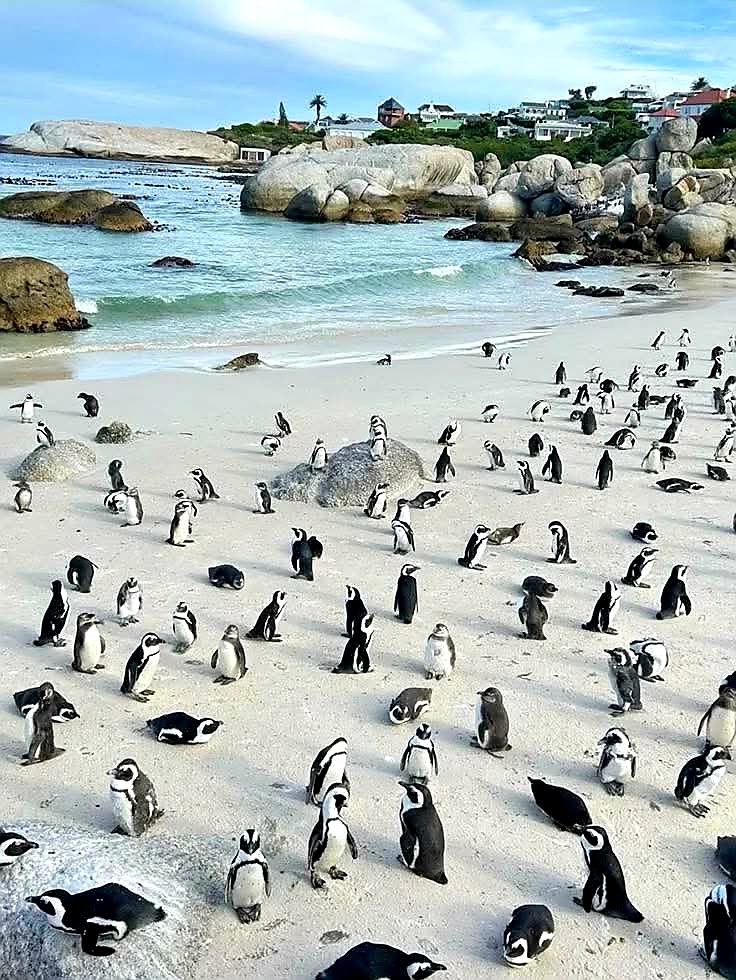News
Tough New Rules for Offshore Fuel Transfers: Protecting South Africa’s Penguins and Oceans

Tough New Rules for Offshore Fuel Transfers: Protecting South Africa’s Penguins and Oceans
South Africa has drawn a hard line on risky fuel transfers at sea. New regulations signed by Minister of Forestry, Fisheries and the Environment, Dion George, promise to reshape how ship-to-ship (STS) operations are conducted in local waters with steep penalties for those who break the rules.
Why the Crackdown?
For years, Algoa Bay has been the centre of controversy. The area is home to one of the world’s last thriving colonies of African Penguins
a species already teetering on the brink of extinction. Conservation groups have repeatedly warned that fuel spills or careless bunkering could spell disaster, not just for penguins but for the fragile marine ecosystem.
With these concerns in mind, government has tightened the screws.
What the New Rules Say
The regulations, published under the Integrated Coastal Management Act, ban offshore fuel transfers within:
-
Marine protected areas
-
Aquaculture zones
-
Three nautical miles of the coast
For Algoa Bay, the rules are even stricter:
-
Transfers only in safe weather (winds below 22 knots, waves below 2m)
-
Seasonal limits on operations
-
Designated anchorage zones to protect sensitive habitats
Operators must also:
-
Use hydrophone systems to track marine mammals
-
Monitor African Penguins and report all wildlife sightings
-
Have immediate response plans for oiled or injured animals
-
Ensure crew undergo specialised training
Penalties With Bite
Non-compliance won’t just earn operators a slap on the wrist. Offenders face fines of up to R2 million, five years in prison, or both.
Minister George said the regulations provide South Africa with “a clear and enforceable environmental framework” for offshore transfers. He framed the move as a decisive step in balancing economic activity with ecological responsibility:
“These regulations safeguard our oceans and secure the future of our African Penguin. Maritime activity can only proceed in a safe and responsible way.”
Public and Conservation Reaction
Environmental groups have welcomed the changes, calling them “long overdue.” On social media, ocean activists praised the government for prioritising biodiversity, while some shipping operators expressed concern about the impact on business.
Still, many Capetonians and Gqeberha locals see the regulations as a vital lifeline for the African Penguin an iconic species that draws both tourists and researchers from across the globe.
The Bigger Picture
South Africa’s new framework places it among countries taking stronger stances on marine protection. With global attention on climate change, marine pollution, and biodiversity loss, these regulations could serve as a model for balancing commerce with conservation.
For now, Algoa Bay’s penguins and the wider marine ecosystem may finally have a fighting chance.
{Source: IOL}
Follow Joburg ETC on Facebook, Twitter , TikTok and Instagram
For more News in Johannesburg, visit joburgetc.com



























